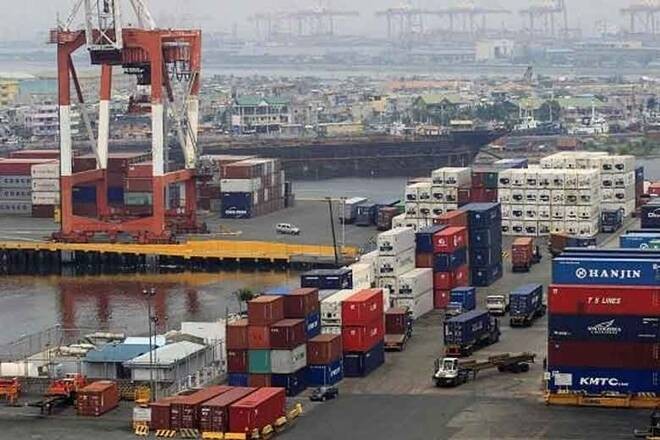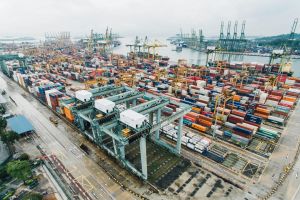Top Reasons Why Importers-Exporters Apply for Trade Finance

A vast amount of SMEs and entrepreneurs who are interested in import-export trade activities rely on the availability of different financing sources such as loans etc. But getting funding improved is not as easy as it seems for them. Most times, they face rejections, restrictions, and various other complexities from traditional banks. Why?
Banks are often rigid to consider the financing request applications from those business owners or entrepreneurs who have smaller balance sheets, lower turnover, or are incapable of providing suitable security. Thus, it becomes difficult for startup owners or SMEs to cover the cost of the goods they plan to sell further. Even with a confirmed purchase order for products, banks don’t show interest to grant loans. Now you know why SMEs prefer trade finance.
While on the other hand, both small & large business owners aren't willing to wait for payment until shipment takes place which could take four to six weeks to arrive to an overseas buyer. Here, international trade finance service help SMEs with low volume to enter the global trade competition with equal opportunities and reduced foreign trade risks.
Why Is Trade Finance Important?
Trade finance intermediaries such as Banks or Financial Institutions bridge the finance gap between importers & exporters by providing them with short-term funding. The agenda is to fulfill their financial needs till the transaction is going on. For example, buying raw materials, storing them in warehouses, etc. These transactions can take place internationally as well as domestically. This way finance of foreign trade helps importers-exporters execute trade deals with reduced payment risks.This Is Why Importers-Exporters Opt For Trade Finance -
1. It reduces payment risks
Various trade finance instruments like Letters of Credit, or Bank Guarantee help global trade parties in significantly removing their payment risks in international trade. Exporters are willing to get an up-front payment from buyers before they receive goods to avoid the risk of non-payment. Simultaneously, buyers also hesitate to pay the seller in advance as they haven’t received the shipment. Here, global trade finance instruments eliminate these risks by paying exporters up-front and assuring buyers that goods have been shipped.2. It provides instant access to capital
Trade finance helps importers-exporters to gear up their cash flow and short-term working capital requirements by providing them instant credit till the transaction is completed. These banks allow companies to receive payment based on their accounts receivables in case of factoring. As a result, cash flow is improved and both parties can efficiently run their business without lacking raw materials or other trade deal requirements.3. Importers-exporters enjoy global competition
International trade and finance ensure both parties that the payment will be made on time and the transaction will be executed as the way it was planned. It bridges the finance gap between the parties, restoring confidence to enter into global trade deals without any threats. This way, they can expand their business in different corners of the world and enjoy global competition. It reduces financial pressure on both the importers-exporters with interim financing.4. It offers a variety of trade finance products
To eliminate the risks of payment, as well as non-performance, banks & various FIs like Emerio Banque, are introducing a vast variety of global Trade Finance Services for both importers-exporters. For example:1. Letters of Credit - It is a legal document issued by a bank undertaking to pay the sellers on time once all the T&C have been performed by them. But in case of the buyer defaulting, the amount will be compensated by the issuing bank.
2. Bank Guarantee - In BG services, the issuing bank acts as a guarantor to pay the amount to the seller only if the buyer defaults.






